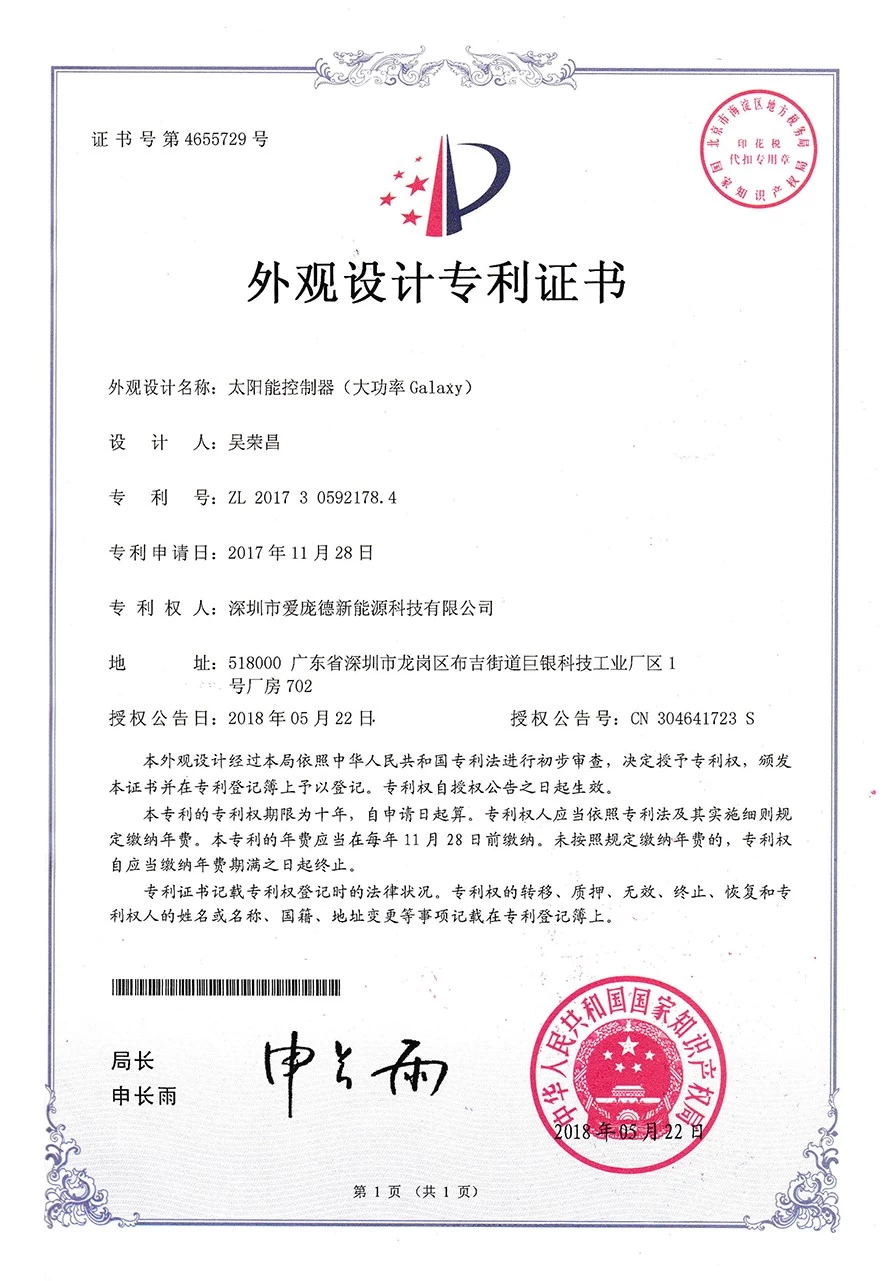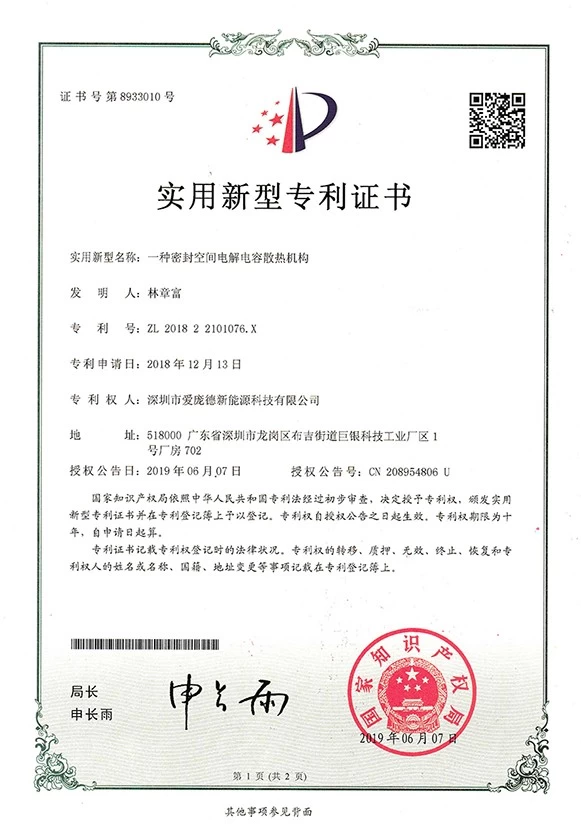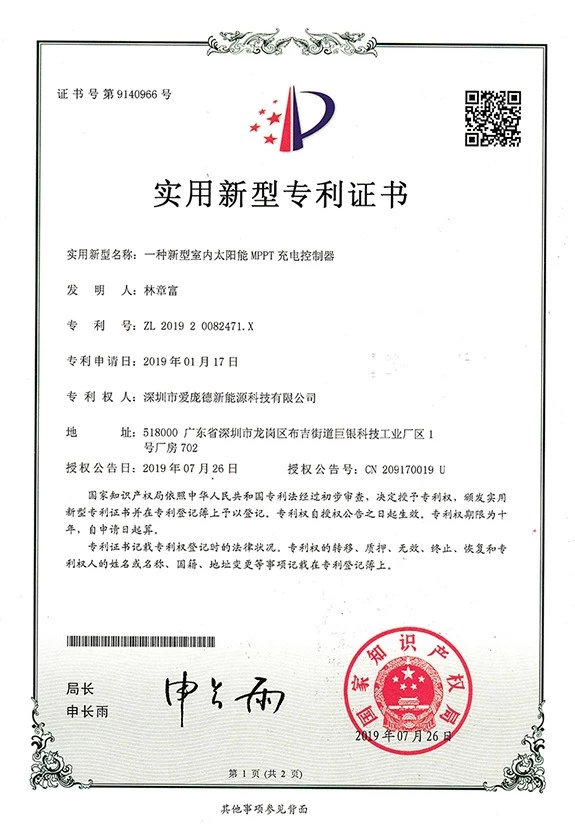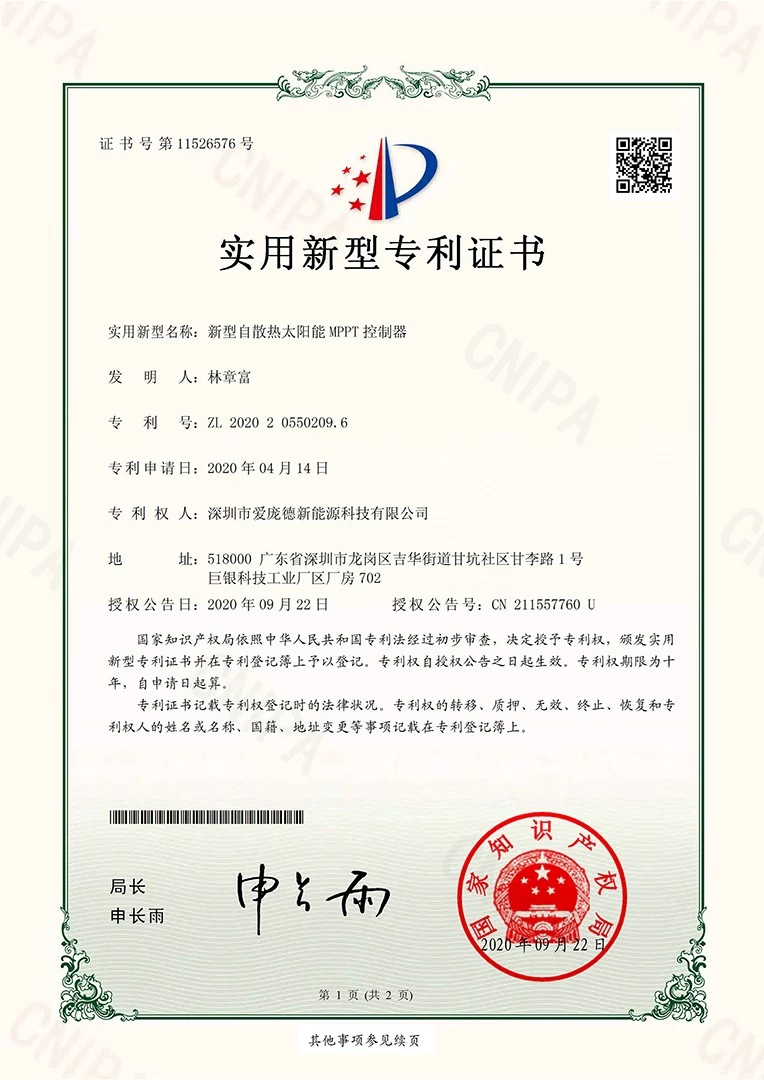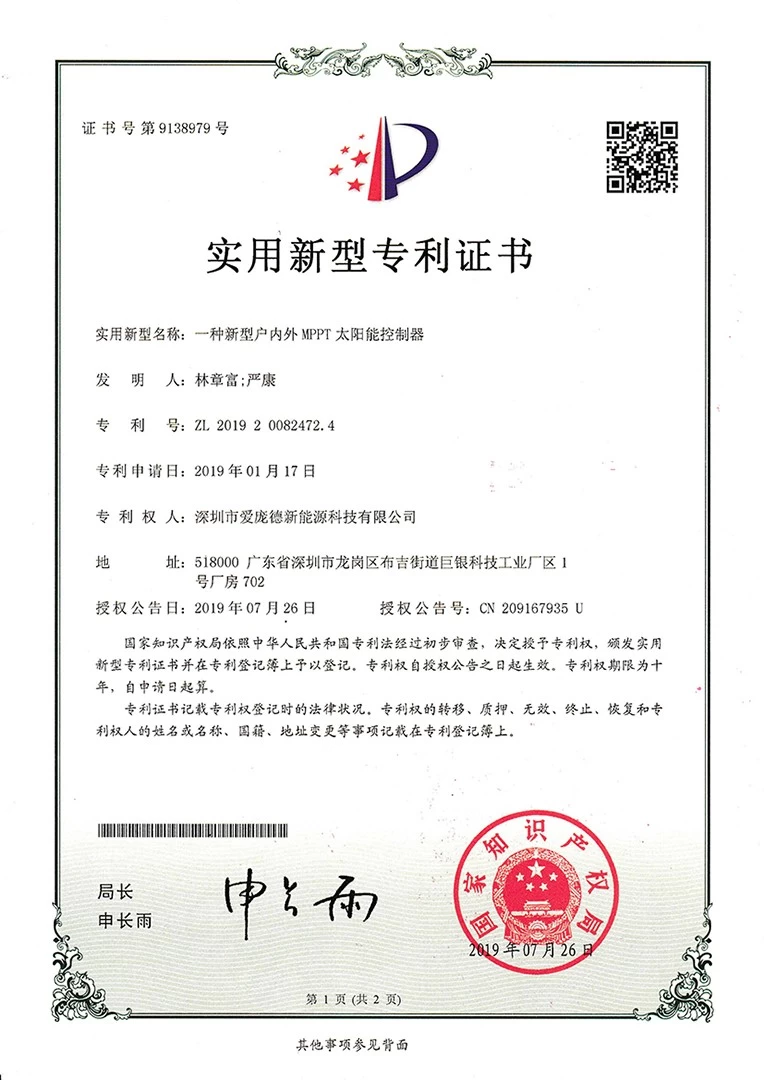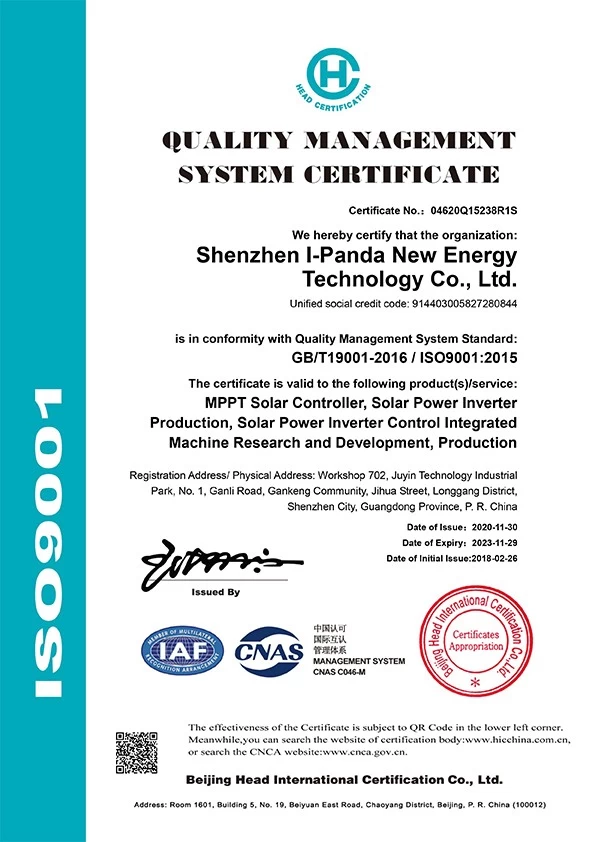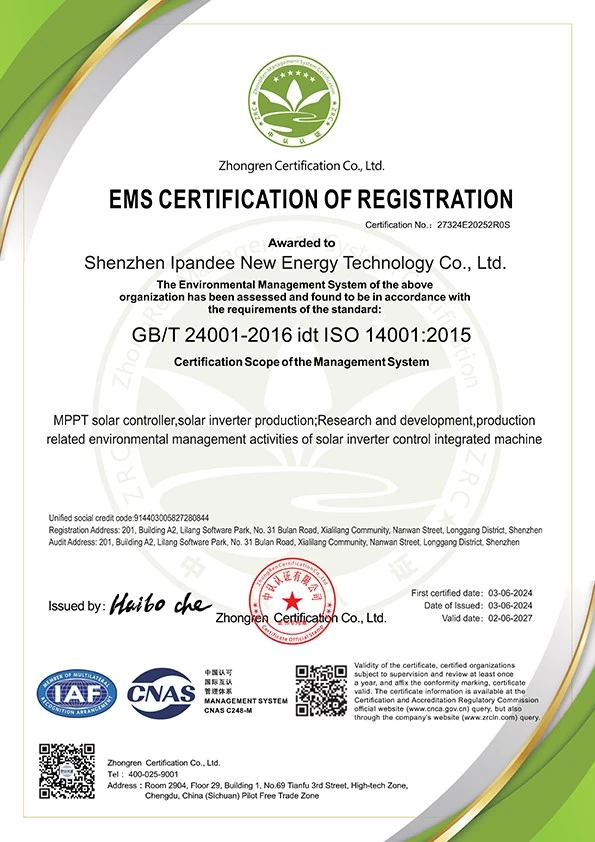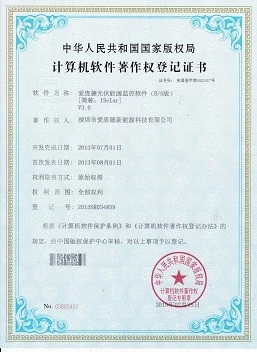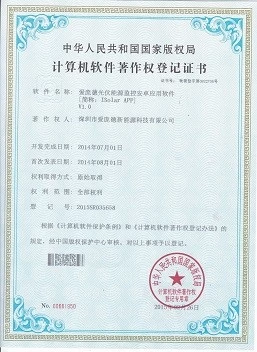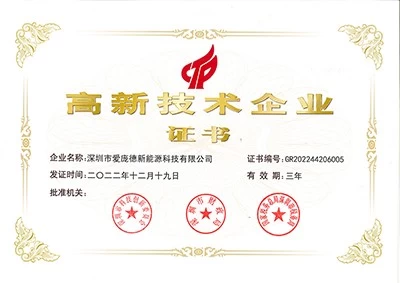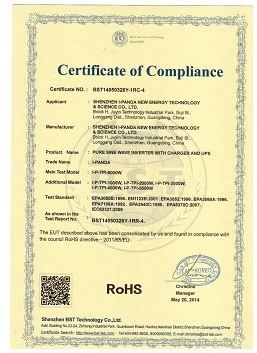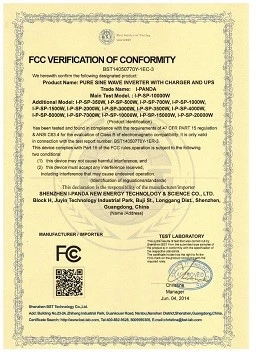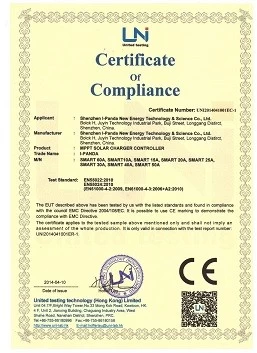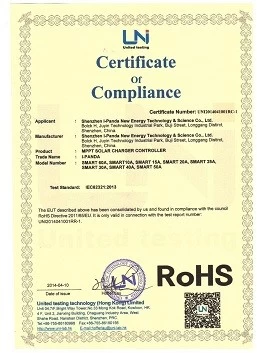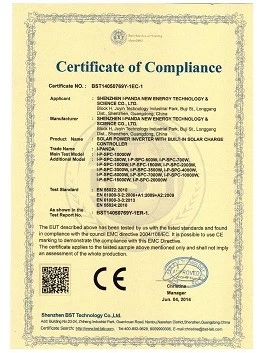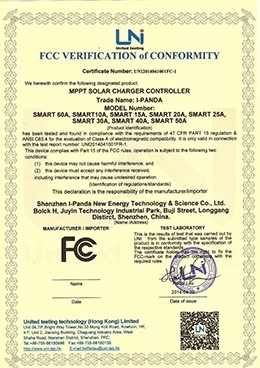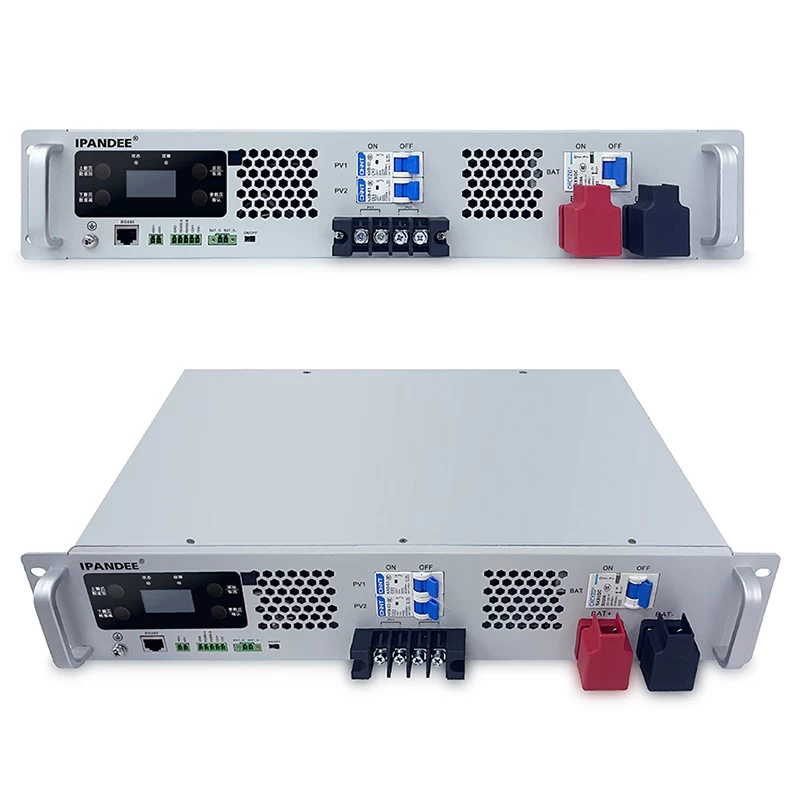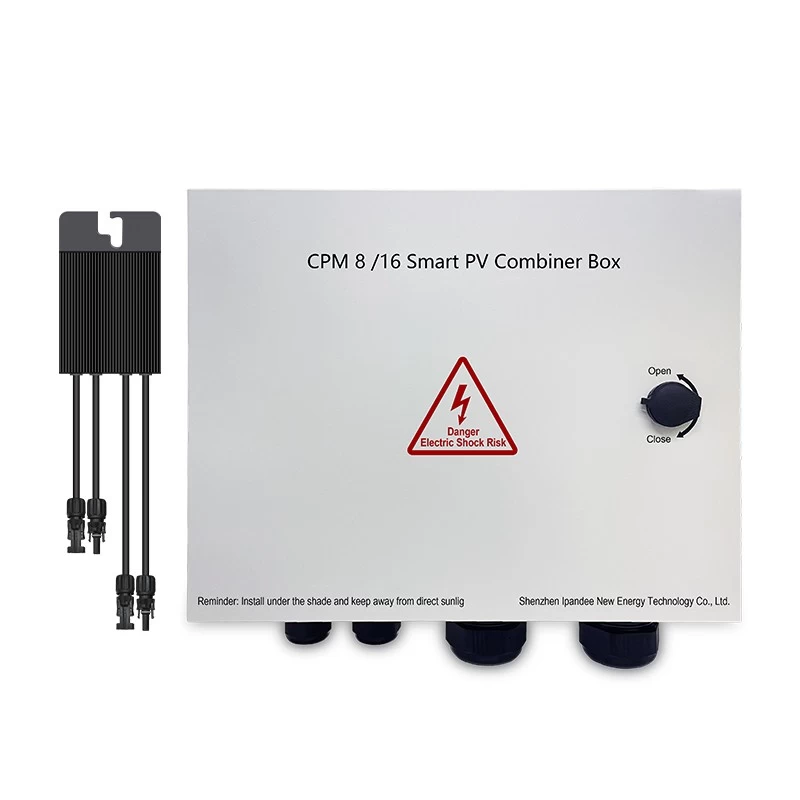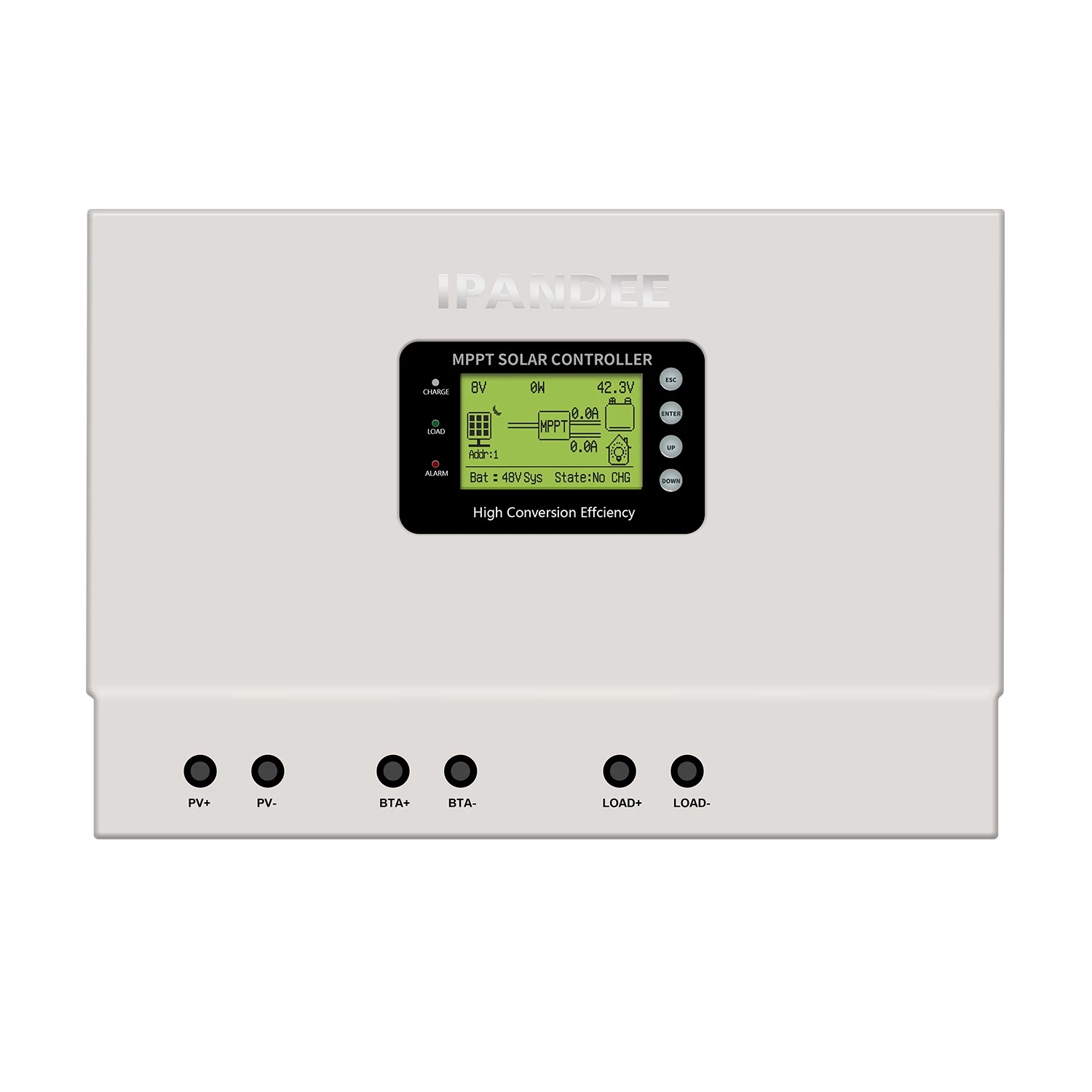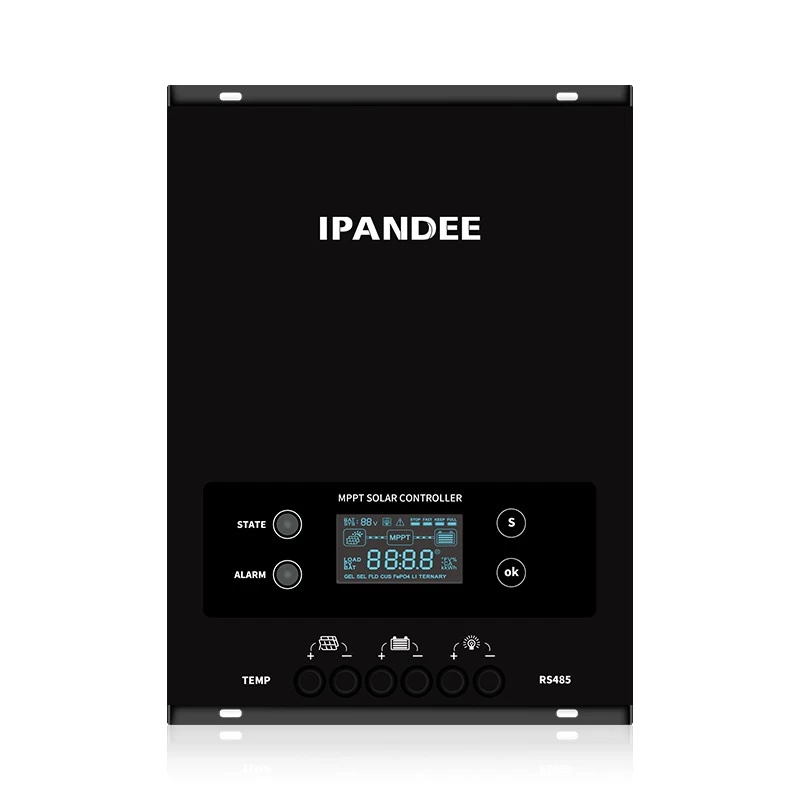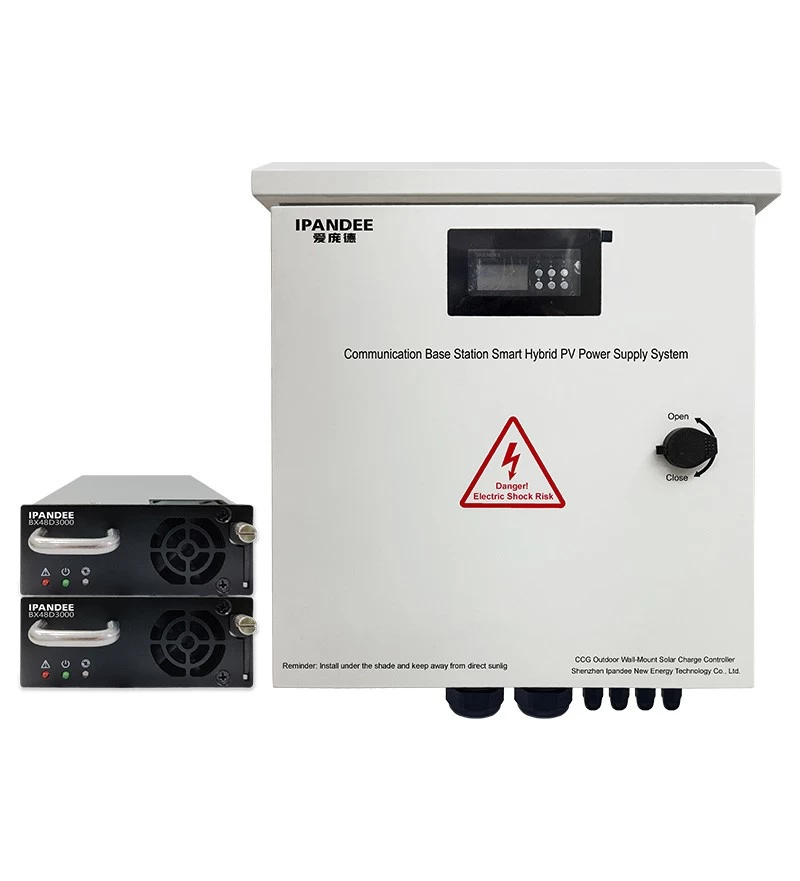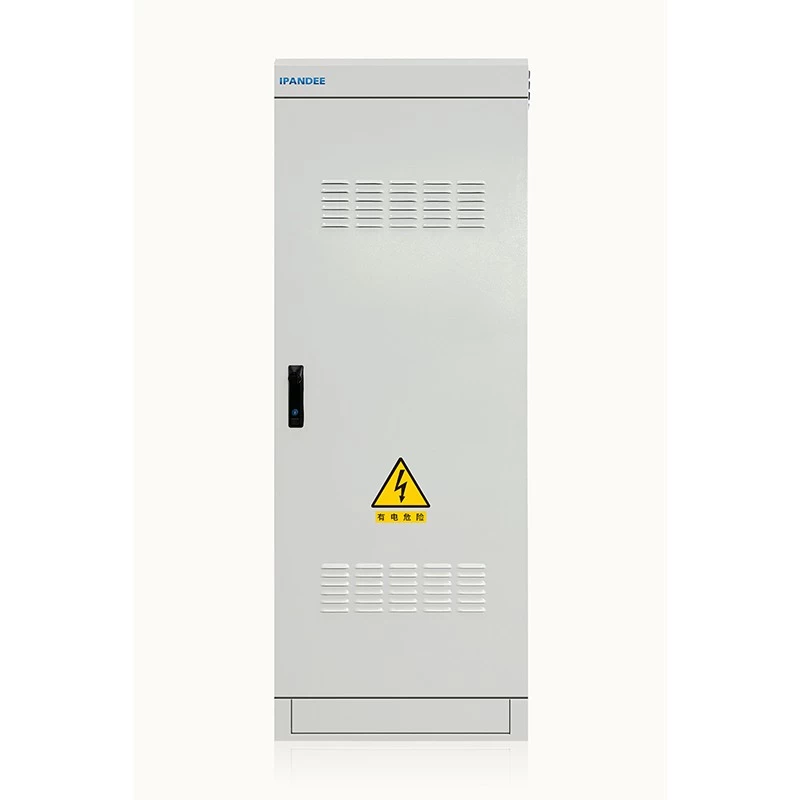India's imports of photovoltaic products taxation installed capacity to enhance uncertainty
A few days ago, the Supreme Court of India agreed to impose a 25% guarantee tax on imported solar cells and modules, and will hold a hearing in October.
The Directorate General of Trade and Restrictions (DGTR) of the Ministry of Commerce and Industry of India proposes to levy two years of guaranteed tariffs on solar cells and components in China, Malaysia and some developed countries, which will receive 25% in the first year and 20% in the first half of the second year. In the second half of the year, it fell to 15%, and the Ossau High Court issued a moratorium. The current Supreme Court’s new ruling invalidated the moratorium and the PV taxation restarted.
India's domestic response is different, and tariffs push up the cost of power plant investment systems
Since the price of imported PV products is 8%-10% lower than that of local Indian manufacturers, India imported more than 9GW of components in 2017, of which imports from China, Malay and other places accounted for more than 90%. Import tariffs ruling to protect the interests of local PV equipment manufacturers, local PV product manufacturers welcomed the relevant taxation ruling, and consulting company Movya believes that the uncertainty of the new taxation policy will lead to solar energy developers participating in the bidding enthusiasm decline, while pushing up the average Cost: The associated component costs range from the current average of 2.60 rupees/watt (corresponding to 0.36 US dollars/watt) to approximately 3.00 rupees/watt per unit (corresponding to 0.41 US dollars/watt). Since the tax ruling will be traced back to July 30, 2018, about 1 GW of component imports will also be added to the cost of about $7,200 from July 30 to the present, further slowing down the development of related power station projects.
The bidding heat continues and the installed capacity is down, and the new installed capacity in India may be negatively affected.
According to BridgetoInida data, in the second quarter, India announced a total of 23 projects with a total of 21.86GW tenders, an increase of 77%, including 10 projects in the roof photovoltaic project, a total of 382MW tenders, an increase of 221%, the power plant tenders maintained a high degree of prosperity. According to MarcomIndiaResearch Consulting, the installed capacity of PV in India in the second quarter of 2018 was 1.6GW, down 21% year-on-year and 52% quarter-on-quarter, indicating that the Indian market was disturbed by the uncertainty of the taxation policy and the new installed capacity declined. MarcomIndiaResearch lowered India's 2018 full-year installed forecast to 8.3GW.
Indian market uncertainty has increased, and some domestic manufacturers have local capacity distribution in India
In the second quarter of 2018, India's newly-invested photovoltaic projects accounted for a high proportion of overseas imported component brands, and the Chinese brand market share exceeded 70%. India has become the second largest PV market outside of China. In 2017, the new installed capacity will be about 10GW, while the battery and module capacity will be 2.5GW and 6GW respectively. It will still rely on imported PV products to complete the cumulative 100GW PV installation plan in 2022. . At present, domestic PV products manufacturers represented by Longji and Sunshine Power have announced or started the expansion of local production capacity in India. On the other hand, although the taxation has led to an increase in the export price of photovoltaic products, the current industrial chain price decline and the second year The diminishing tax rate will reduce the impact of taxation on the local PV market in India.
weYes Inverter manufacturer, off-grid solar controller,MPPT Solar Charge Controllersupplier, solar charge controller - Inverter factory
Disclaimer: The content is partly from the internet.In order to pass on more information, this does not mean agreeing to its views or confirming its description.Article content is for reference only.





